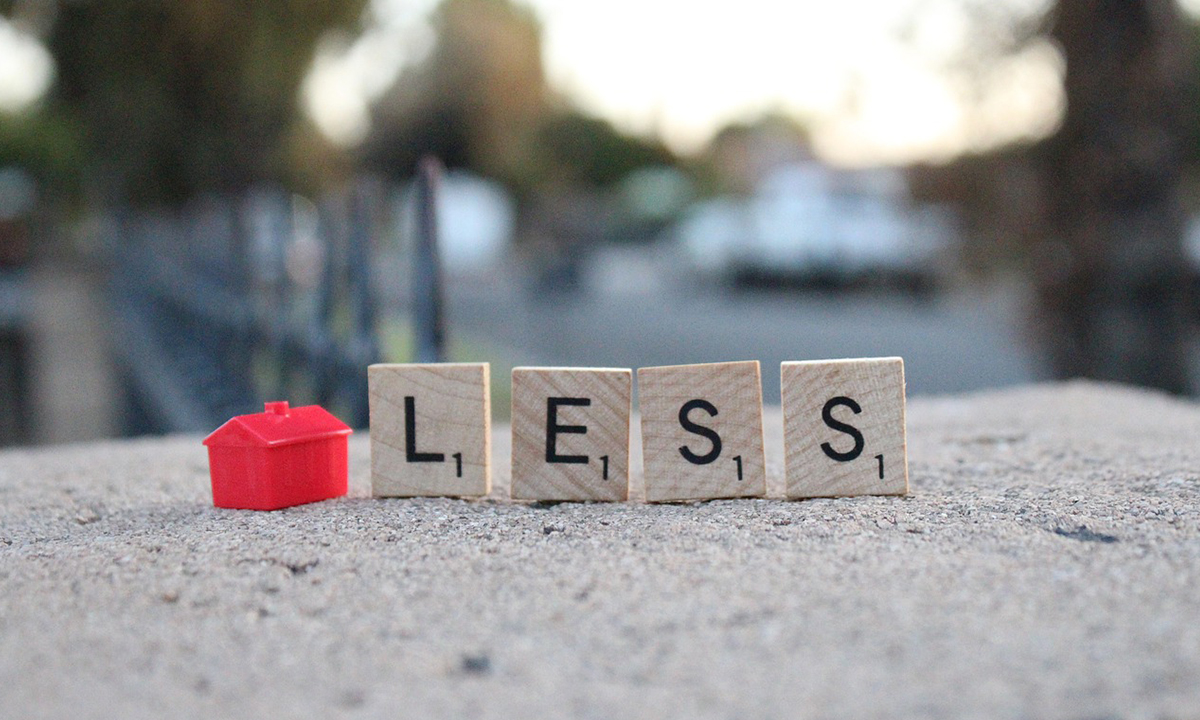Written by Julianne Foster
On April 18, Gov. Gavin Newsom pleaded moral reasons for moving forward with converting hotels into low-income housing for the homeless across California. Outside of a Motel 6 in Silicon Valley, Newsom spoke of judgement towards those who do not support his efforts, saying that history will remember how they failed to help “the least among us.”
Although his plan seeks to provide needed relief for the homeless, logistically there’s room for concern. San Diego Mayor Kevin Faulconer and city officials are struggling to come to an agreement and find properties to convert. On May 15, the 10 original hotel properties proposed were turned down in a closed San Diego Housing Commission (SDHC) session. Due to the confidentiality of the meeting, the board would not release why they would not agree to using 10 properties proposed.
However, SDHC Vice President of Communications Scott Marshall said in an email that “SDHC performs due diligence on any property it considers leasing or buying,” which was conducted on the properties. Due diligence includes assessing zoning requirements, property conditions, and potential costs.
The SDHC is continuing to search for and approve hotels that are cost-effective and adequate to convert into low-income apartments for the homeless, a process that is more costly and difficult than many expected.
The purpose of these low-income housing options for the homeless in San Diego is to get them out of the San Diego Convention Center and into more individualized housing, which will help to prevent the spread of COVID-19 among them. This will be done through a lease-to-own deal, which could help homeless to have more permanent housing after the pandemic is over, instead of sending them back to the streets. Currently, they are providing housing for homeless at the Convention Center due to the pandemic, yet this is only temporary and does little to help the long-term battle with the homelessness crisis.
“We have this idea of acquiring hotels, but I know we’re not sitting on a lot of money,” said City Council President Georgette Gómez. “So we have to make tough decisions about where to invest that money.”
The hotels would be purchased for reduced prices due to the pandemic, which is cost effective. However, even as San Diego faces the largest budget deficit in its history, the SDHC’s proposed budget for the fiscal year includes $29 million for the hotel-to-homes plan. $19 million of the budget is to acquire the hotels and renovate them into permanent apartment housing for the homeless, while an additional $10 million is for rental assistance to help the homeless into the new housing options. There would be additional funding from money already possessed from other programs, such as the Moving to Work program, which is controlled by the Housing Commission and Community Development Block Grants.
Due to a history of failing real estate deals, especially those involving lease-to-own deals, the city is hesitant to approve this plan. One recent plan involved an industrial property in Kearny Mesa that was designated to turn into a maintenance yard for the city’s fleet of fire trucks. With setbacks and unexpected problems, the finishing date has been pushed back five years from the Council’s first hearing on the lease and has more than doubled the costs of renovations. This, among other struggling real estate deals, has shed light on the city’s struggle to make good decisions when investing taxpayer money in real estate plans.
Gov. Newsom and Mayor Faulconer are looking into these plans in the hopes of aiding the homeless. However, the overwhelming amount of money proposed to come from taxpayers along with doubts that the city will be able to pull through on their promises for the project is troublesome, to say the least.




